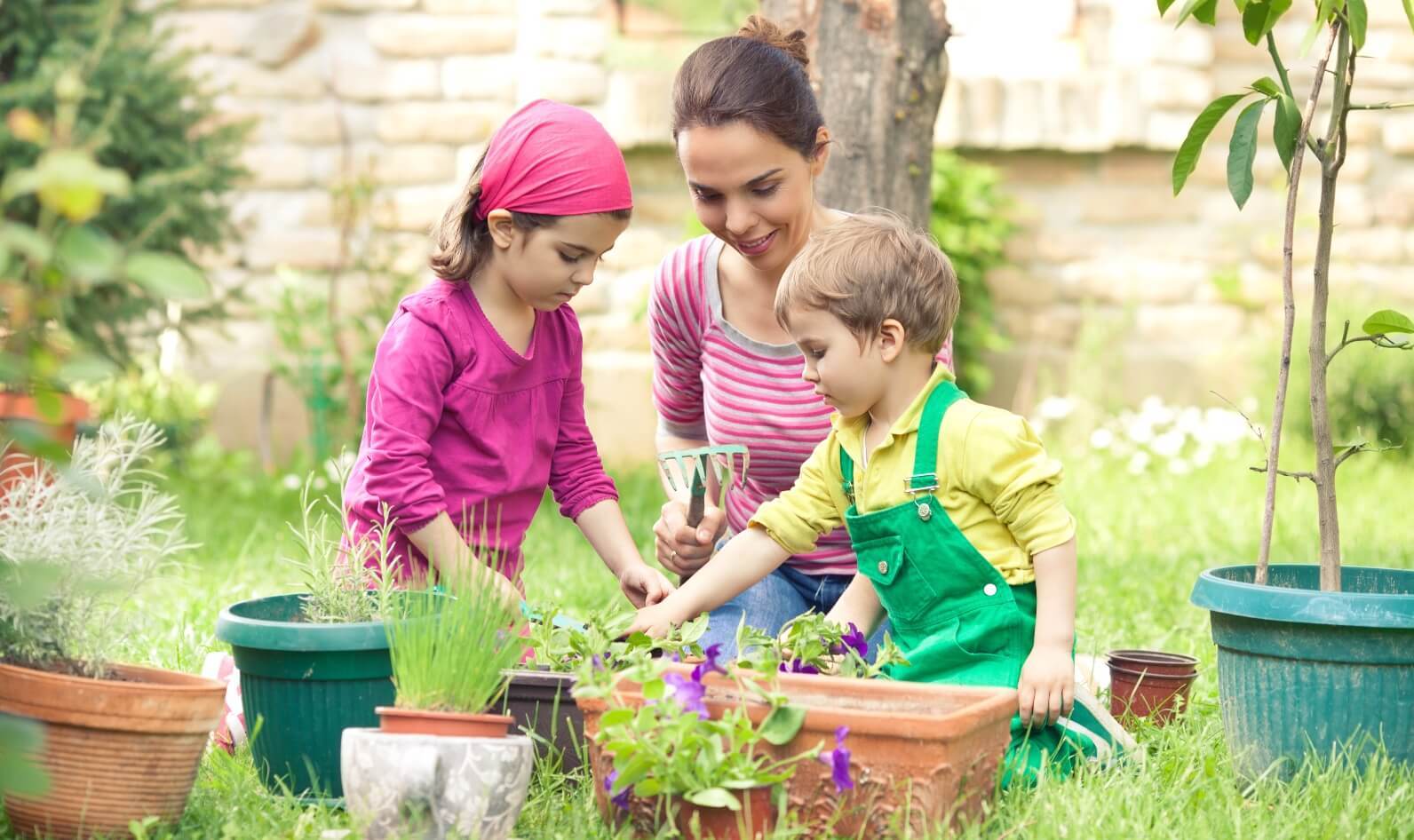The Ultimate Gardening Overview for Beginners: Every Little Thing You Need to Know
Recognizing the Various Sorts Of Gardening and Just How They Contribute to a Healthier Way Of Life and Setting
:max_bytes(150000):strip_icc()/close-up-of-a-women-watering-vegetables-in-a-raised-bed-1407277094-c63fd1ff0a21406ebf17c51ac6c6f2d1.jpg)
Benefits of Vegetable Horticulture
Numerous people are progressively identifying the myriad advantages of veggie gardening as a crucial part of a healthier lifestyle. Taking part in veggie horticulture uses numerous physical health advantages, including boosted physical task, which enhances cardiovascular wellness and advertises overall physical fitness. The act of growing, weeding, and harvesting needs activity and can aid combat sedentary habits, adding to weight administration and improved muscle mass tone.
Additionally, cultivating one's own vegetables substantially boosts nutritional high quality. Homemade fruit and vegetables is frequently fresher and much more nutrient-dense compared to store-bought alternatives, as it can be eaten shortly after harvest. This ease of access encourages a greater consumption of fruits and veggies, which are crucial for protecting against persistent illness.
Furthermore, veggie horticulture promotes mental health by offering a healing outlet for tension relief and relaxation. Collectively, these advantages highlight the relevance of vegetable horticulture as a foundation of a healthier way of life.
Exploring Flower Gardening

In enhancement to aesthetic benefits, blossom gardening supports neighborhood communities. Lots of blooming plants draw in pollinators, such as bees and butterflies, which are important for keeping biodiversity. The presence of diverse vegetation can also improve dirt wellness, as numerous plants add to nutrient cycling and enhance dirt framework.
Moreover, flowers can play a considerable duty in promoting sustainable methods. Lots of garden enthusiasts decide for indigenous or drought-resistant varieties, which need much less water and marginal chemical inputs. This strategy not just profits the environment but likewise motivates responsible gardening habits.
Ultimately, flower gardening functions as an important element of an alternative gardening method. Gardening. By cultivating charm and supporting neighborhood ecological communities, it integrates with veggie horticulture and highlights the significance of nurturing both our physical and mental wellness through nature
Container Gardening Benefits
Container gardening deals many advantages that make it an appealing option for both novice and experienced garden enthusiasts. One of the main benefits is its versatility; containers can be positioned on patios, verandas, or perhaps inside your home, enabling for gardening in rooms with minimal ground accessibility. This versatility enables individuals in city environments or those with small yards to grow plants efficiently.
Additionally, container horticulture offers enhanced control over dirt high quality and wetness degrees. Garden enthusiasts can choose details soil blends to maximize plant health and wellness and reduce concerns like weeds and parasites. The movement of containers also enables for easy moving to maximize sunshine exposure or secure plants from harsh climate.
Moreover, container gardens can be cosmetically pleasing, using published here a chance for creativity in style. Gardening. They can function as ornamental components that enhance exterior or interior areas while advertising biodiversity by drawing in pollinators
Last but not least, container gardening can add to a much healthier way of life by motivating exercise, as it usually includes training, growing, and maintaining plants. Generally, the benefits of container gardening make it an available and gratifying method for those seeking to enhance their lifestyle and atmosphere.
The Increase of Vertical Horticulture
As city spaces end up being significantly crowded, the trend of vertical horticulture has taken off, enabling people to optimize their gardening potential in restricted areas. This innovative method includes expanding plants in upright frameworks, such as wall-mounted planters, trellises, or specialized upright yard systems. The appeal of vertical gardening lies not only in its efficient use of area but additionally in its visual payment to city settings, changing bare walls right into rich eco-friendly landscapes.
Vertical gardens can be installed in homes, terraces, and neighborhood spaces, supplying a system for growing a range of plants, including herbs, veggies, and decorative blossoms. This approach motivates biodiversity and can improve air high quality by filtering pollutants while promoting a connection to nature in densely populated locations. In addition, upright horticulture provides useful benefits, such as boosted return per square foot, making it an appealing choice for urban gardeners looking for to grow their very own food.

Sustainable Practices in Horticulture
Welcoming lasting practices in gardening is vital for advertising ecological wellness and guaranteeing the feasibility of our all-natural sources. Lasting horticulture techniques focus on minimizing ecological influence, preserving water, and cultivating biodiversity. By implementing practices such as organic horticulture, gardeners can reduce the use of synthetic fertilizers and pesticides, which can harm local communities.
Companion planting is one more effective sustainable method, where particular plants are expanded with each other to improve development and hinder parasites normally. Furthermore, using native plants in landscape design sustains local wild animals and calls for less maintenance, as they are naturally adjusted to the regional climate and soil a knockout post conditions.
Water conservation strategies, such as rain harvesting and drip irrigation, aid to successfully handle water resources, therefore reducing waste. Composting organic waste not click this link just improves the soil yet likewise decreases landfill payments, promoting a round economic climate.
Last but not least, exercising crop rotation and cover chopping enhances dirt health and wellness and decreases the threat of bug infestations. By integrating these lasting methods, gardeners can produce resilient ecological communities that add to a much healthier way of life while safeguarding the setting for future generations.
Conclusion

To conclude, the diverse techniques of horticulture, consisting of veggie, flower, container, and vertical horticulture, jointly advertise a healthier way of life and enhance ecological sustainability. Each kind offers distinct benefits, from supplying fresh fruit and vegetables and attracting pollinators to optimizing restricted areas and motivating biodiversity. By cultivating lasting practices, these gardening approaches not only contribute to private health yet also support broader environmental preservation efforts, ultimately minimizing dependence on industrial farming and improving neighborhood strength.